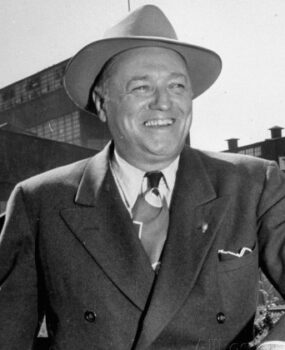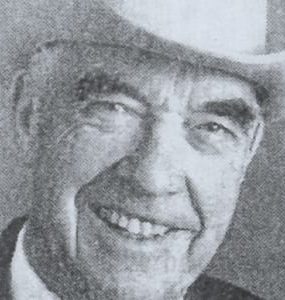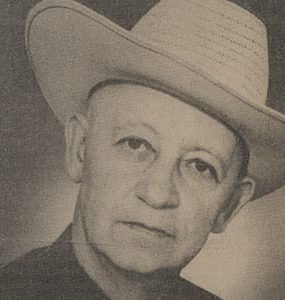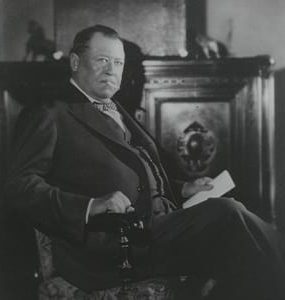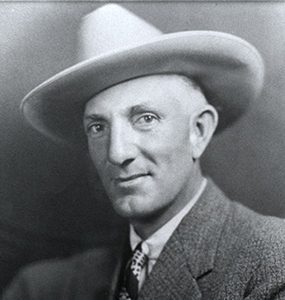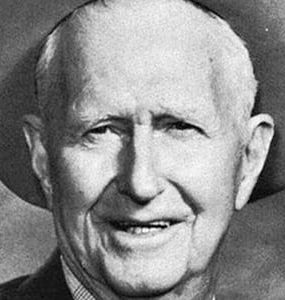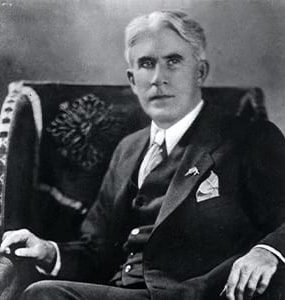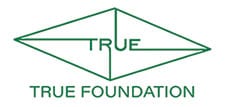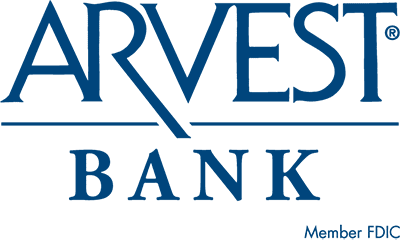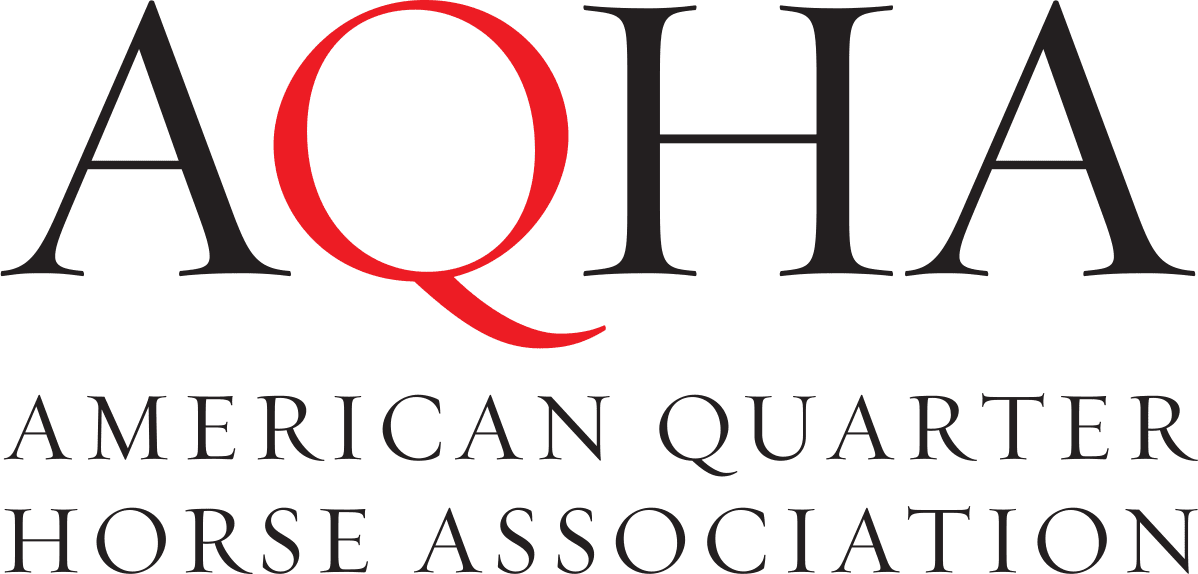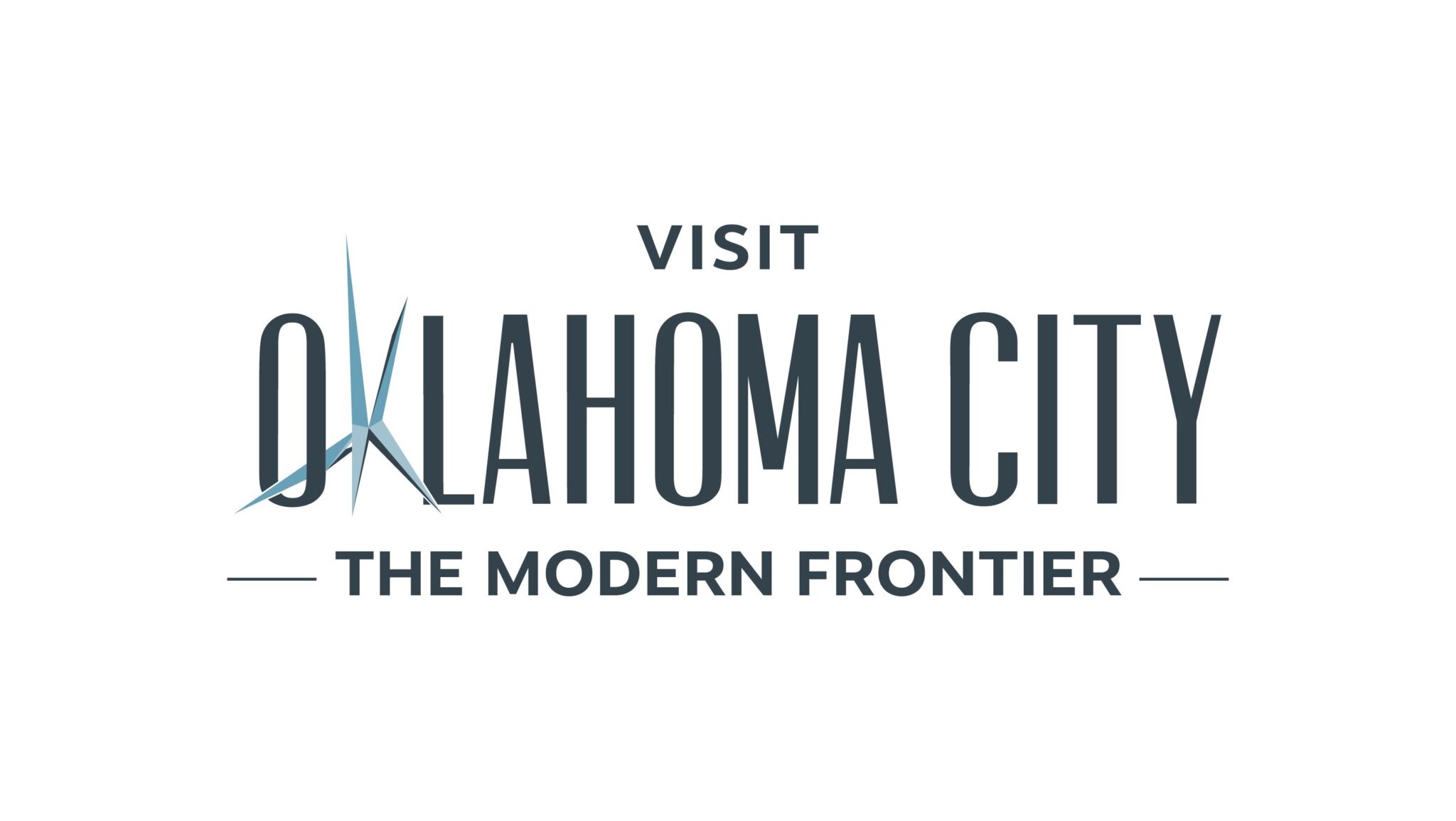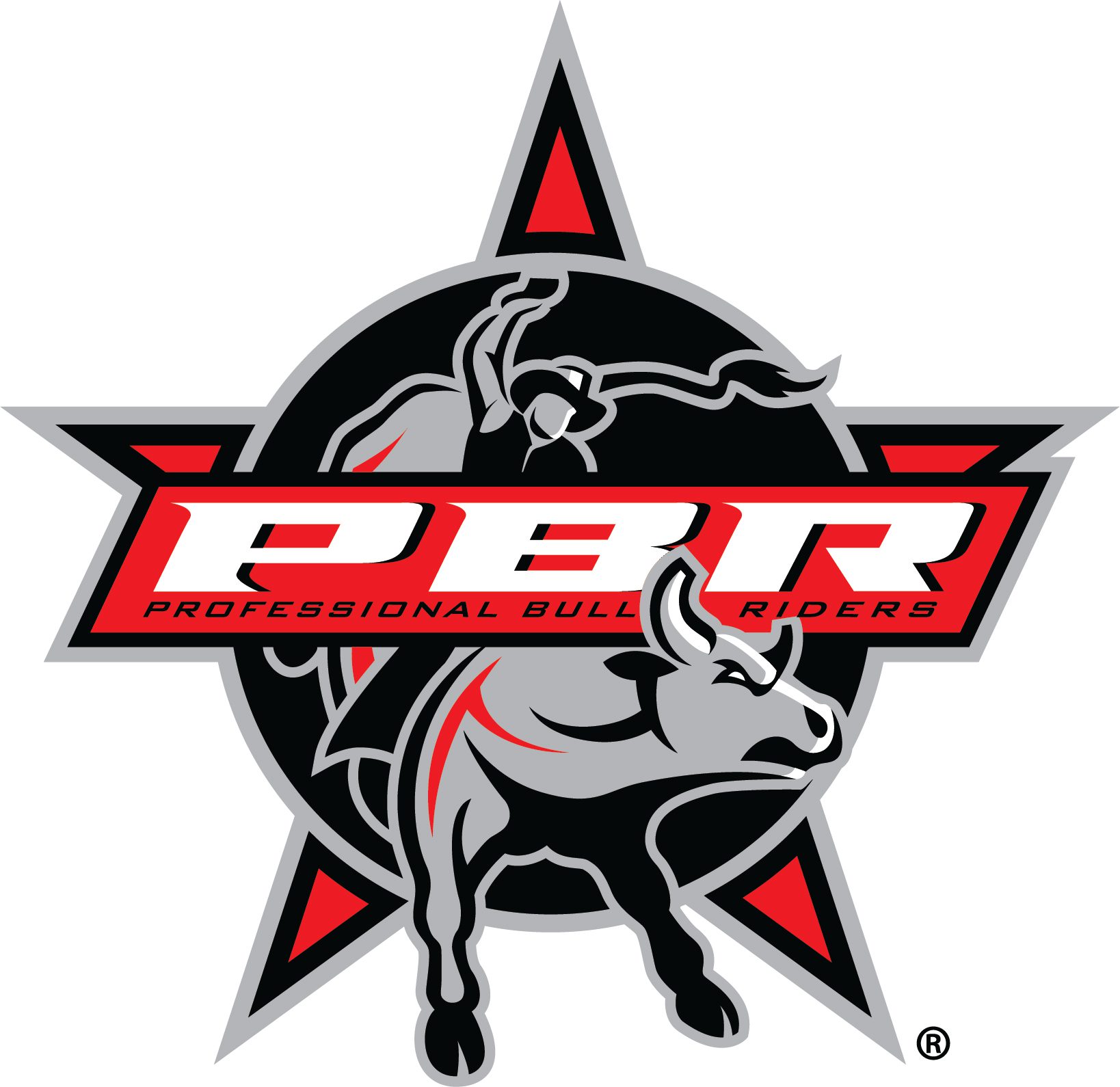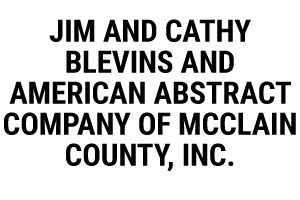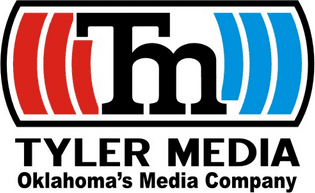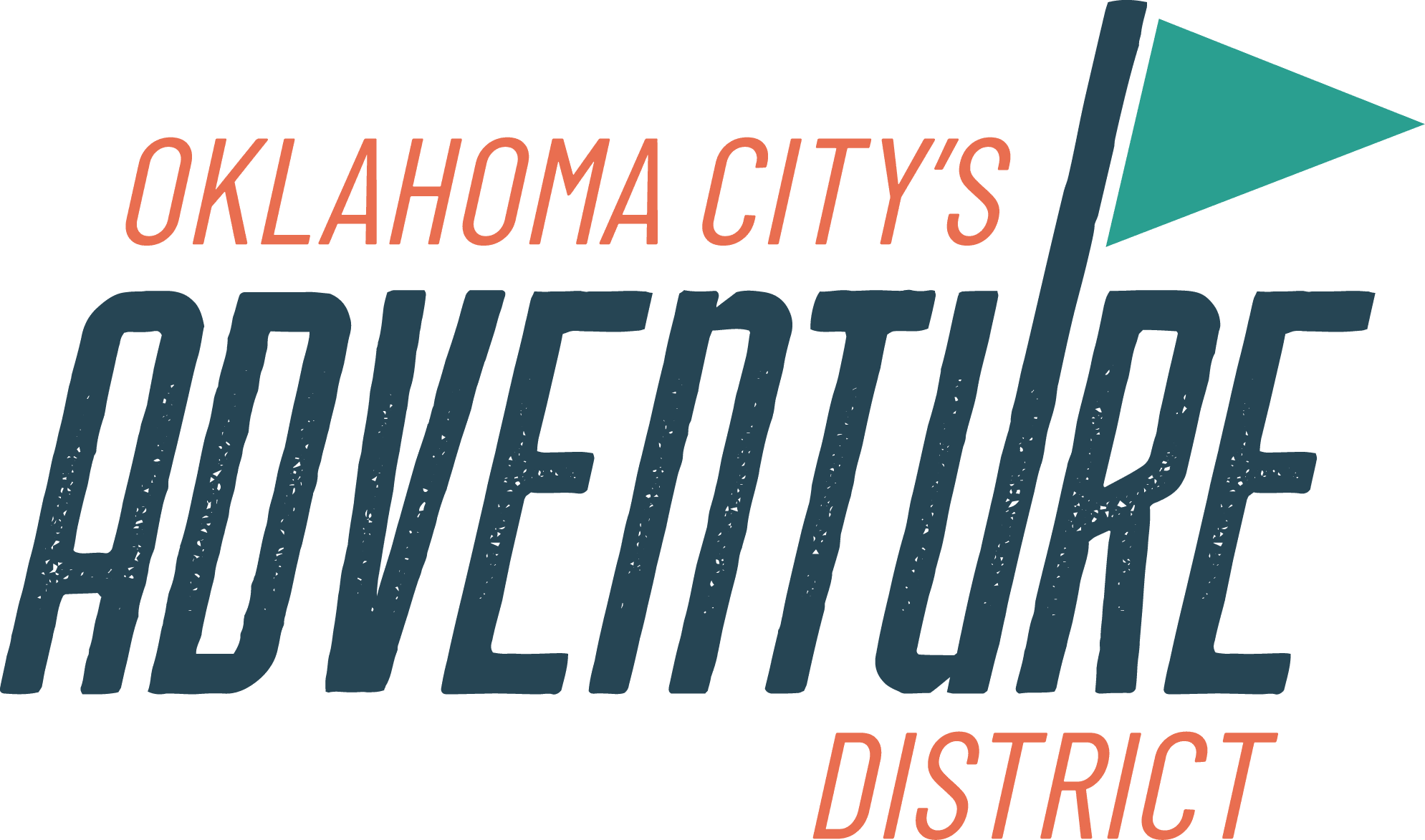Born in the Strawberry Hill section of Kansas City, Kansas, the son of Harry and Isabelle Smith Darby, Harry Darby began working at his father’s Missouri Boiler Works Company at age 16. He served in the US Army as a captain of a field artillery battery during World War I and later served in the US Army Reserves and in the Kansas National Guard. Following his father’s death in 1923, he founded Darby Steel Company that grew to be one of the largest steel plate manufacturing firms in the country. During World War II the corporation built bombs, locomotives and amphibious landing craft (LCTs and LCMs), floating 1,400 landing craft down the Kaw, Missouri, and Mississippi rivers to New Orleans for shipment overseas. The Darby-built troop craft landed during the invasions of Italy, occupied France, and the Pacific islands.
A major contributor to the Republican party at the local, state, and national levels, he met fellow Kansan Dwight D. Eisenhower during World War II and their friendship had the most lasting political and historical impact. Darby served for eleven months as a US Senator from Kansas in 1949-1950, filling the unexpired term of Clyde Reed who died in office. Darby did not seek election to the post turning, instead, to persuading Eisenhower to seek the presidency. Darby helped raise the funds to build the Dwight D. Eisenhower Presidential Library & Museum in Abilene, Kansas, and contributed a statue of the former President to the Eisenhower Center there.
For the America Royal Livestock and Horse Show in Kansas City, Darby served as vice president for fifteen years , president for twelve years, and chairman of the board of governors for five years. He played a key role in obtaining legislation to establish the national charter of the Future Farmers of America at Kansas City. Darby actively ran a 1,500 acre farm in Wyandotte County, Kansas. He considered farming the basis of the Kansas City area economy and avidly supported agriculture.
He served on the Board of Directors of the National Cowboy Hall of Fame & Western Heritage Center from 1958 to 1983 (25 years).
